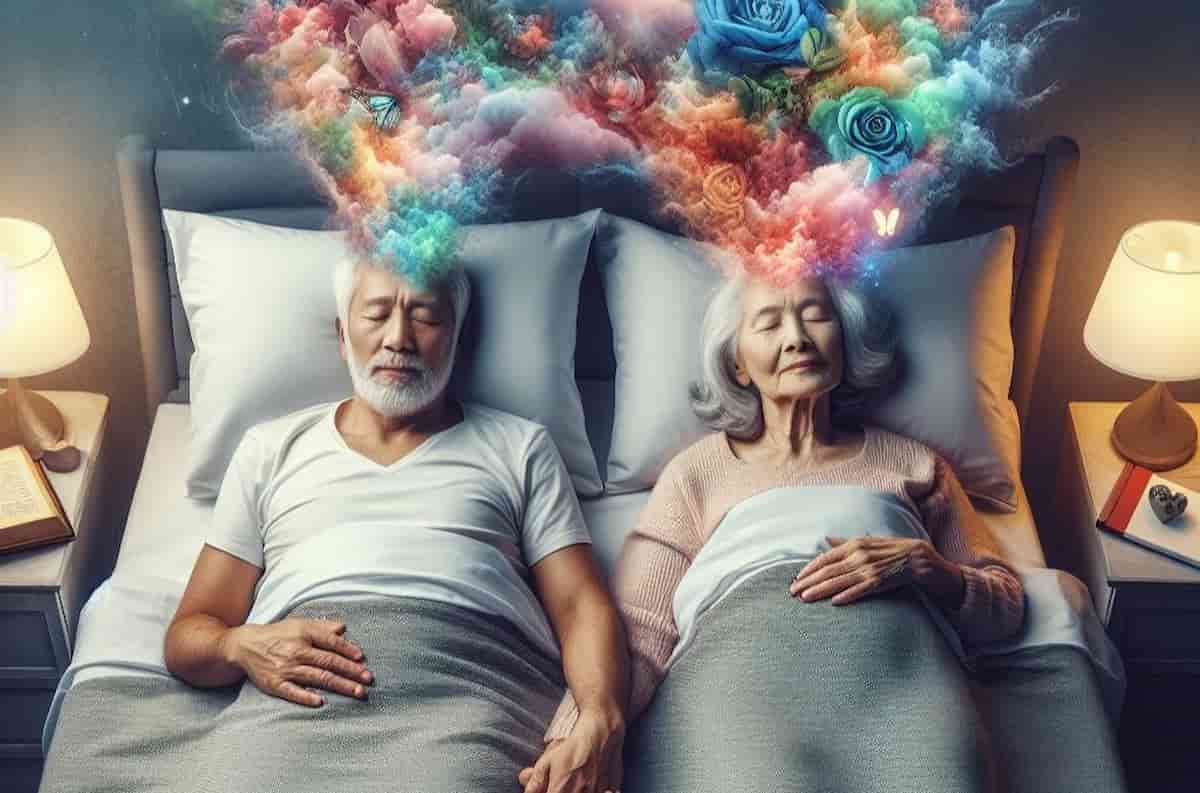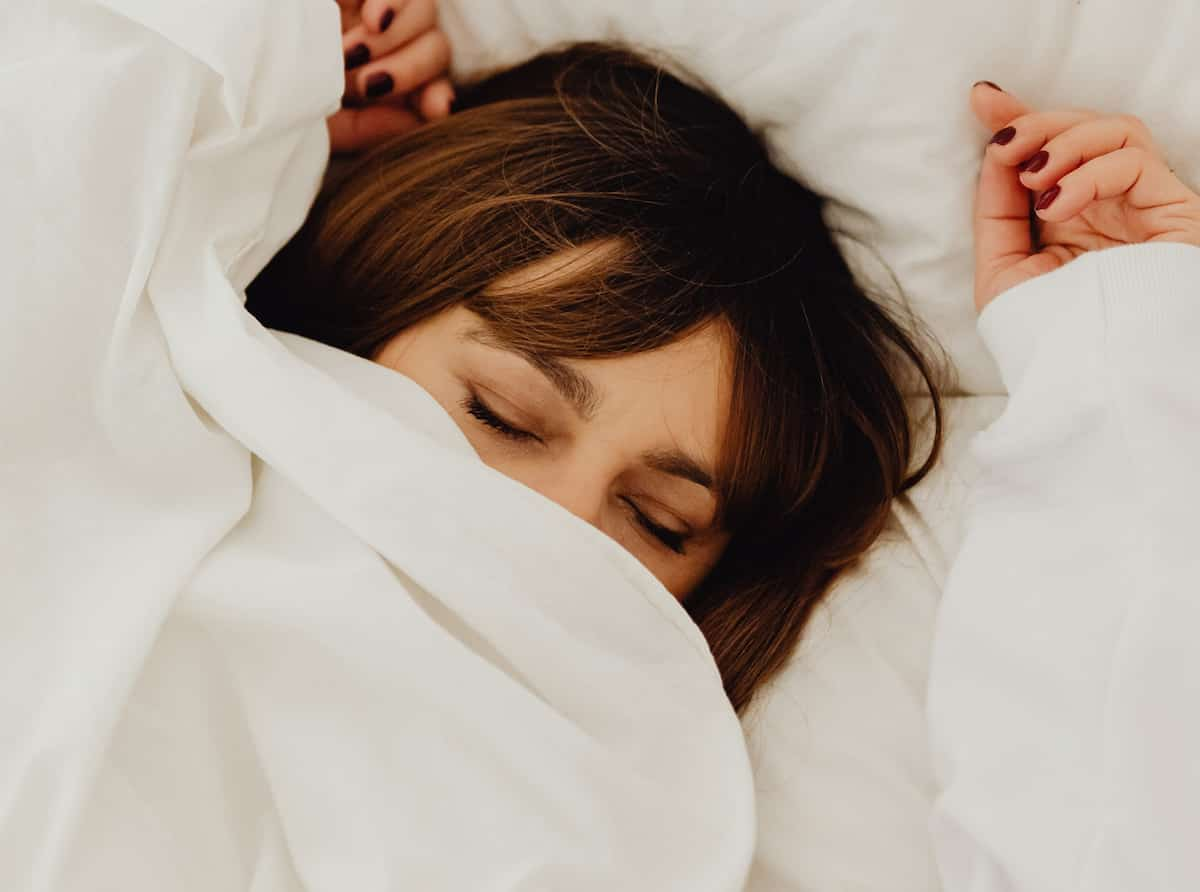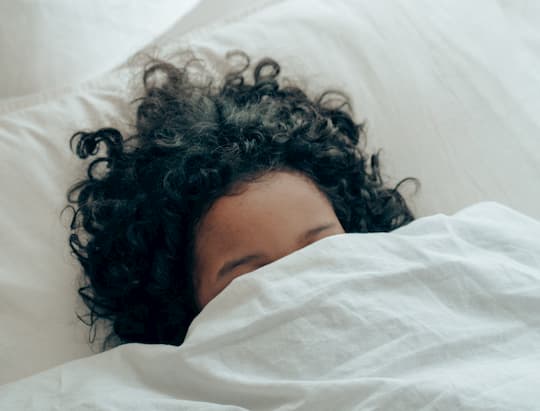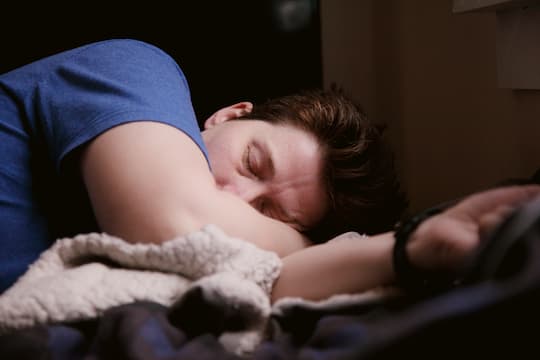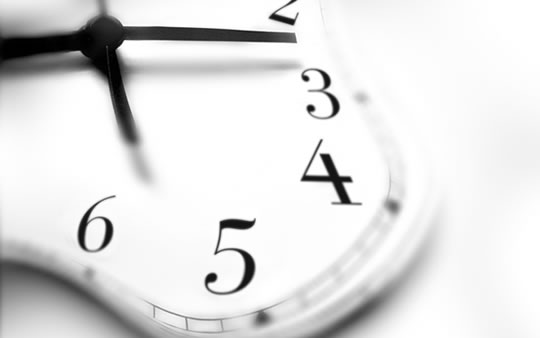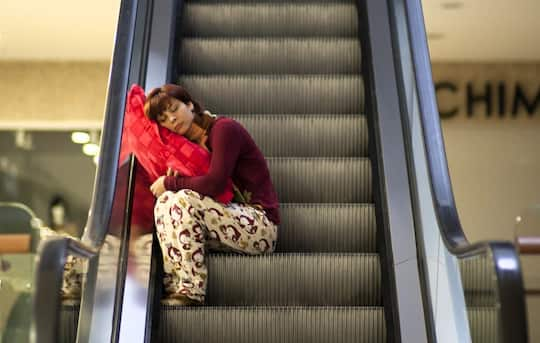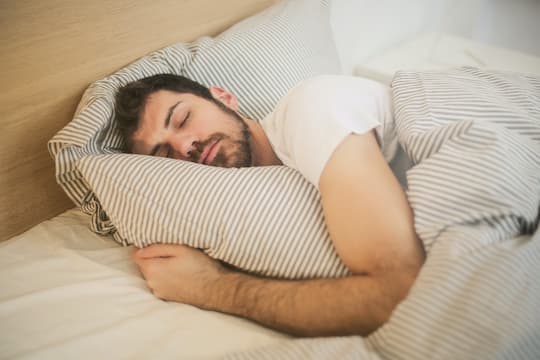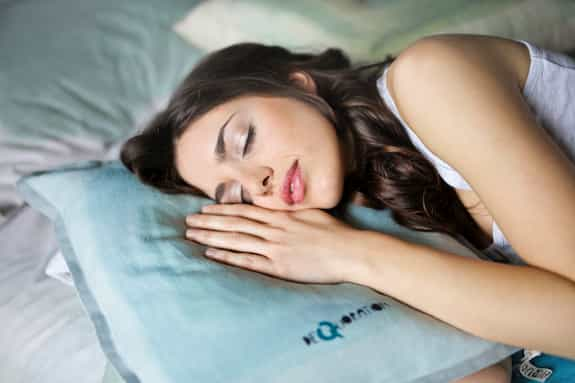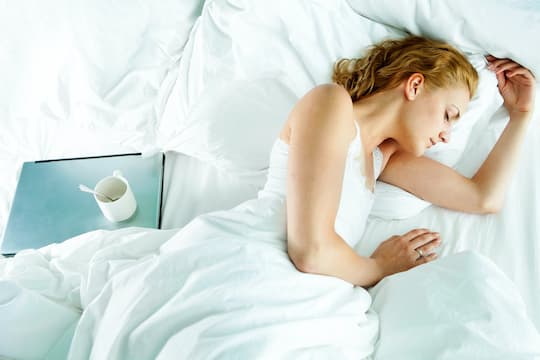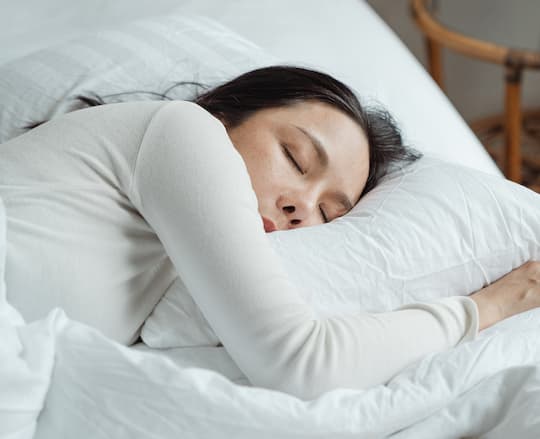Larks tend to rise earlier while owls stay up late — each type extends the part of the day at which they feel their best.
Larks tend to rise earlier while owls stay up late — each type extends the part of the day at which they feel their best.
Morning types or ‘larks’ have superior verbal IQ, research finds.
Morning types are people who prefer to do demanding things earlier in the day, whereas evening types consider their best time to be later on.
Naturally, larks also tend to rise earlier while owls stay up late — each type extends the part of the day at which they feel their best.
The results come as a rebuff to other studies that have found the reverse, that it is owls that have the IQ advantage.
Dr Stuart Fogel, study co-author, how his study is different:
“Once you account for key factors including bedtime and age, we found the opposite to be true, that morning types tend to have superior verbal ability.
This outcome was surprising to us and signals this is much more complicated that anyone thought before.”
The study included 61 people whose ‘morningness’ or ‘eveningness’ was assessed, along with their cognitive abilities.
The results showed that people who were at their best in the morning scored higher on tests of verbal IQ.
Verbal IQ refers to being able to use language to achieve goals.
Critically, the researchers had to account for the fact that young people as a group tend to be evening types.
Young people tend to be evening types
The fact that young people tend to be evening types may make it harder for them to get the best out of the school day, said Dr Fogel:
“A lot of school start times are not determined by our chronotypes but by parents and work-schedules, so school-aged kids pay the price of that because they are evening types forced to work on a morning type schedule.
For example, math and science classes are normally scheduled early in the day because whatever morning tendencies they have will serve them well.
But the AM is not when they are at their best due to their evening type tendencies.
Ultimately, they are disadvantaged because the type of schedule imposed on them is basically fighting against their biological clock every day.”
The study also found that people with regular daily habits tended to perform the best.
Dr Fogel said:
“Our brain really craves regularity and for us to be optimal in our own rhythms is to stick to that schedule and not be constantly trying to catch up.”
The study was published in the journal Current Research in Behavioral Sciences (Gibbings et al., 2022).



